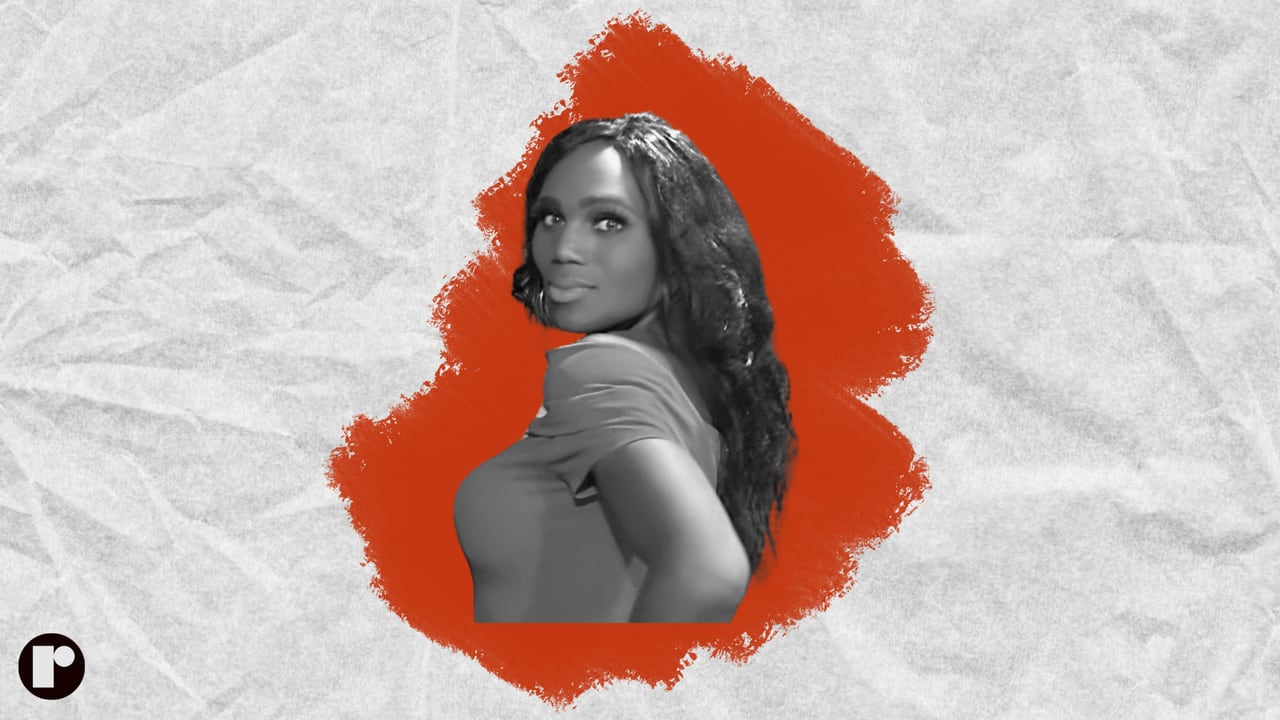Eradicating the Stigma: Mallery Jenna Robinson
Editor’s note: For World AIDS Day 2023, Reckon interviewed people from across the U.S. about living with and battling the persistent stigma that people living with HIV/AIDS still confront today. From those deeply personal, wide-ranging interviews, we published profiles of five people about their journey and fight to eradicate stigma.
In May 2011, a 21-year-old Mallery Jenna Robinson was in college pursuing a double major in Biology and History when she fainted and was rushed to the emergency room, where she received her HIV diagnosis. Robinson, 33, is an Afro-Caribbean trans woman from Montgomery, Alabama, working as a transgender and HIV advocate and healthcare specialist based in Los Angeles. She also hosts the true crime investigative podcast A Hateful Homicide, focusing on the murders in the trans community
“At the time of my diagnosis, I thought I was going to die. I believed that HIV/AIDS meant that you weren’t able to have a long, worthy life,” she tells Reckon.
If the societal stigma didn’t exist when she was diagnosed, Robinson would have reacted to the news differently. “I would not jump to conclusions based on the misinformation and propaganda that HIV/AIDS is something given to people as a punishment. I’d look beyond ignorant language that has been displayed and shared for years describing HIV as unclean, especially growing up in Alabama,” she says.
Fast forward almost 13 years, and Robinson knows that assumption was wrong. She tells Reckon that her accessing treatment and guidance from her doctor helped shift her mindset after receiving her diagnosis. According to Robinson, her mind was eased by learning statistic that HIV+ folks have a greater chance of dying in a car crash than dying of the disease as long as they take their medication.
“I can have this truth but still live a long, healthy, productive life. 13 years later, I’m still here, so I guess he was right,” she gleans.
Today, Robinson embraces her diagnosis using her lived and professional experience to raise awareness and destigmatize the language of clean and dirty when discussing HIV.
“So all of that has empowered my truth and made it pertinent to ensure not only for others, but also how I think about myself. I know that I’m worthy and beautiful; that undetectable equals untransmittable,” Robinson tells Reckon.
The two stigmas Robinson wants society to stop fueling are that HIV is an automatic death sentence and the notion that those living with HIV are villains out to give others the disease intentionally. “I had a former partner who ignorantly thought that because I was positive, I was going to give them HIV intentionally to cause harm. I would never do that to someone else and would love to destigmatize that assumption about folks living with HIV,” she says.
Community resources such as the Montgomery AIDS Outreach, also known as Medical Advocacy & Outreach, were vital to Robinson becoming who she is today and adjusting to her new reality post-diagnosis.
“As a Black trans woman from the South, it’s essential to understand that you can be anything that you want to be and not ever give up on yourself despite the societal stigma and barriers that come with being positive or trans. The messaging that’s been lost with a lot of our community members is for people to embrace their truth and speak out to help destigmatize these experiences,” she says.
This World AIDS Day, Robinson says the best way others can show up for folks living with HIV is to get involved with their local HIV/AIDS awareness organizations and get familiar with the facts of living with the disease instead of the ignorant depictions shared across society.
“Immersing oneself in these resources will help one learn what it means to be on prEP or PEP and the difference between them. And understand what it means to be with someone who’s undetectable or the steps to becoming undetectable. All of that is pivotal to ensuring that our community and others are aware and informed to continue to live healthy, fulfilling lives,” she tells Reckon.
As for advice for any trans person living with HIV, she wants them to know that they can still pursue their medical transition and even parenthood biologically through surrogacy or otherwise with the proper treatment and guidance from a doctor. “So many times, we think, ‘Oh my gosh, we’re HIV positive, and we can’t undergo medical journeys or be parents,’ and I want to eradicate that myth. I’m a living testimony that you can put your biological product aside living with HIV and still create the life you want in all aspects,” she says.
